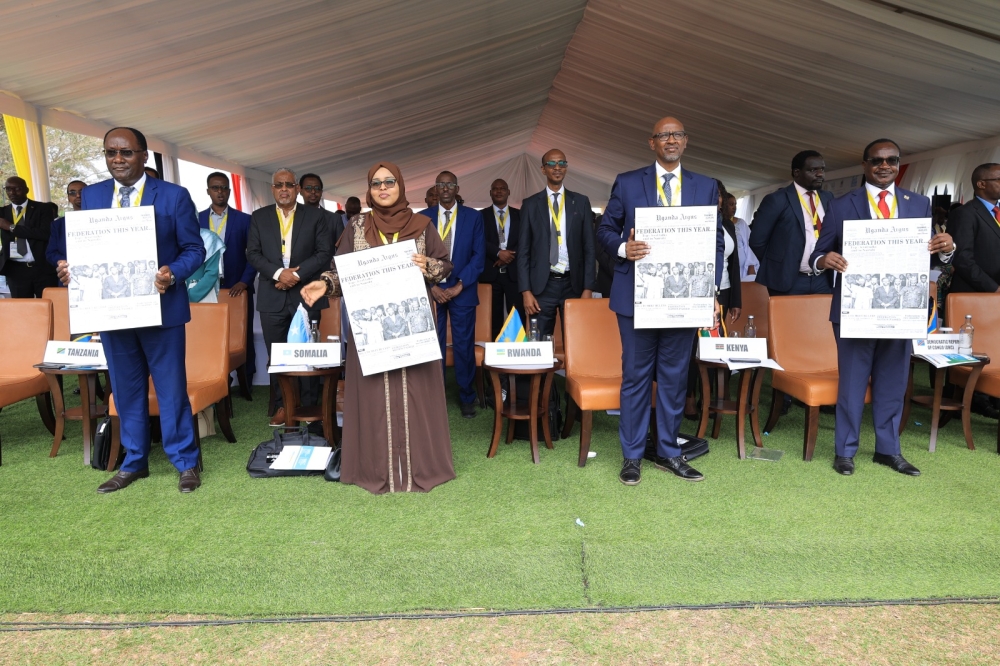Students who graduate with academic degrees from accredited universities in East African Community (EAC) partner states may soon have their qualifications recognized across the region.
This follows a resolution at the First Regional Ministerial Conference on the East African Community Common Higher Education Area, held from September 9 to 11 in Kampala, the capital of Uganda. Education ministers agreed to create a regional roadmap that will allow seamless recognition of academic degrees and qualifications within EAC member states.
ALSO READ: HEC boss urges East Africa to embrace technology, harmonised education policies
Rwanda’s Minister of Education, Joseph Nsengimana, said that the conference was “very important” as the ministers deliberated what is needed to “properly harmonize education systems across the East African region.”
“For us in Rwanda, we see value in coming together as a community,” he said. “We will endeavour to make sure that the resolutions that came out of this Ministerial meeting are actually implemented.”
“The next meeting will be held in Kigali, in 2027, and we've taken some of the items that have been highlighted in the Ministerial communique, such as recognizing degrees from the whole of accredited universities across the communities. This is one thing that we're going to endeavour to make sure that all countries adhere to by the time we meet in Kigali,” he added.
ALSO READ: Lawmakers want education policy reviewed in 12 months
The Minister also highlighted progress on harmonised tuition fees for all EAC students. He noted that Rwanda already treats students equally regardless of nationality.
“We want Rwandan students in Uganda to pay like Ugandans, and Ugandan students in Rwanda to pay like Rwandans,” Nsengimana explained.
“This was also consistent with [President Museveni’s] commitment that he made in his opening remarks of this conference,” he said.
“This is one thing that we can implement because there's already a political will to do so. It's just a matter of implementation,” he added.
ALSO READ: What Rwanda's policymakers need to transform the education sector
The three-day conference, convened by Uganda’s First Lady and Minister of Education and Sports Janet Museveni, brought together ministers, legislators, university leaders, regulators, and development partners.
Discussions focused on harmonising curricula, improving quality assurance, supporting mobility of students and staff, and ensuring equity for women, people with disabilities, and refugees.
Speaking to The New Times on Thursday, Edward Kadozi, Director General of Rwanda’s Higher Education Council (HEC), noted the importance of the ministerial meeting.
“Ministers agreed to develop a regional roadmap for mutual recognition of academic degrees from EAC member states. Heads of Higher Education Councils and Commissions from EAC member states and Inter-University Council of East Africa will develop, monitor the implementation of the roadmap and report to the Council of Ministers,” Kadozi said.
The ministers also resolved that the Regional Ministerial Conference will be held every two years to review progress, share best practices, and adopt new policies.
With over 331 million citizens, most of them under 25, leaders said that a united Higher Education Area will help unlock opportunities in skills development, innovation, and youth mobility.
By harmonising education, the EAC hopes to strengthen regional integration, build human capital, and accelerate the vision of economic transformation under EAC Vision 2050.














